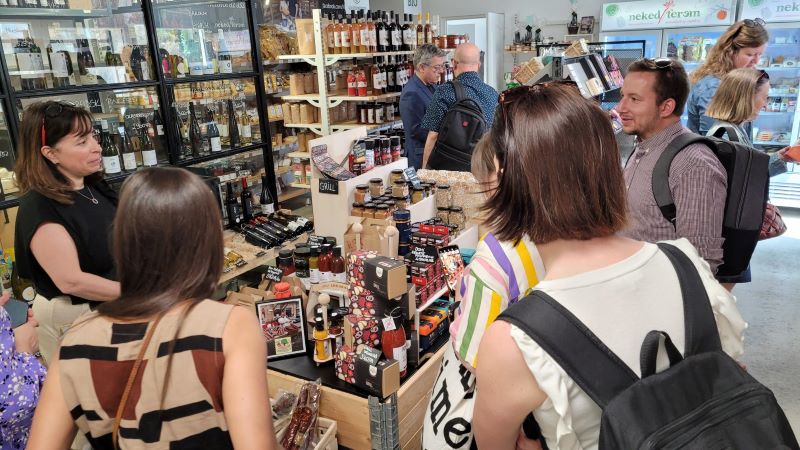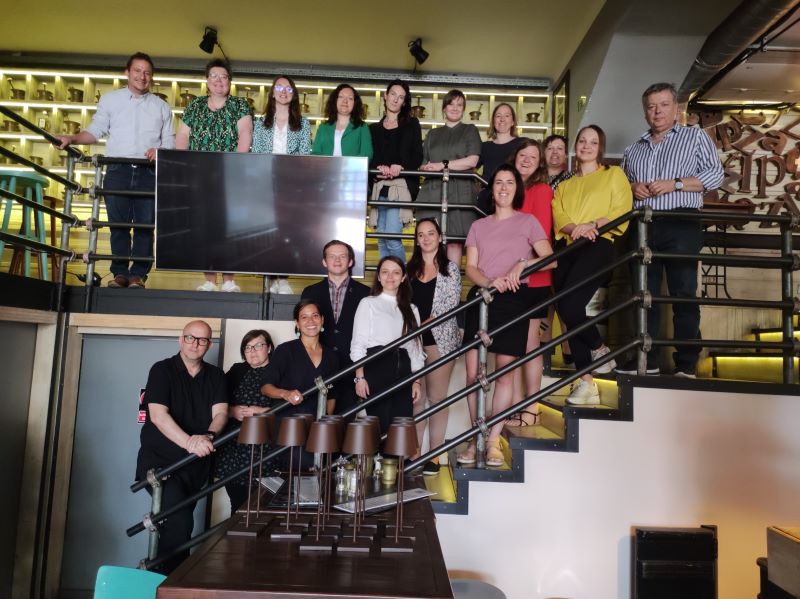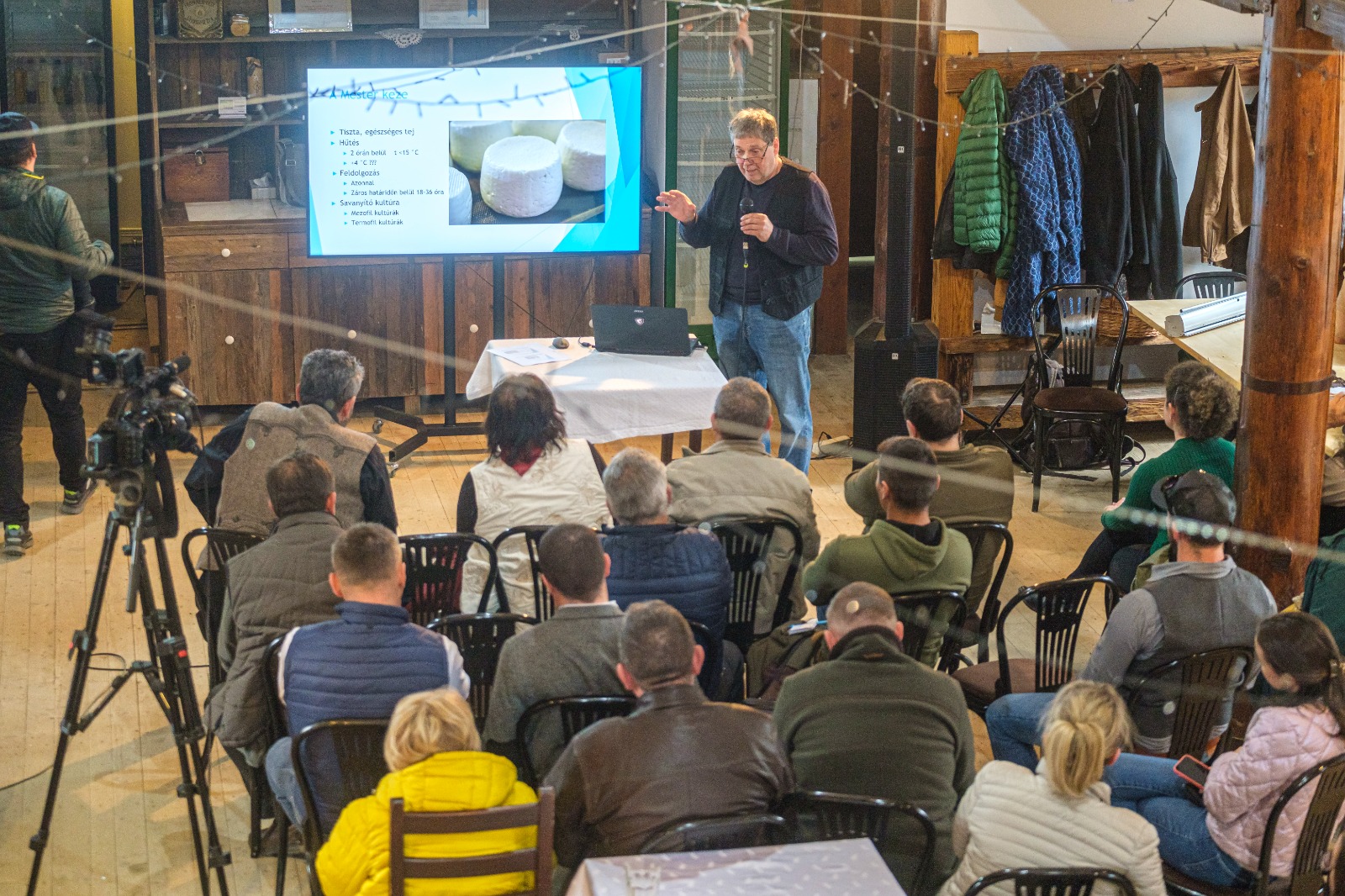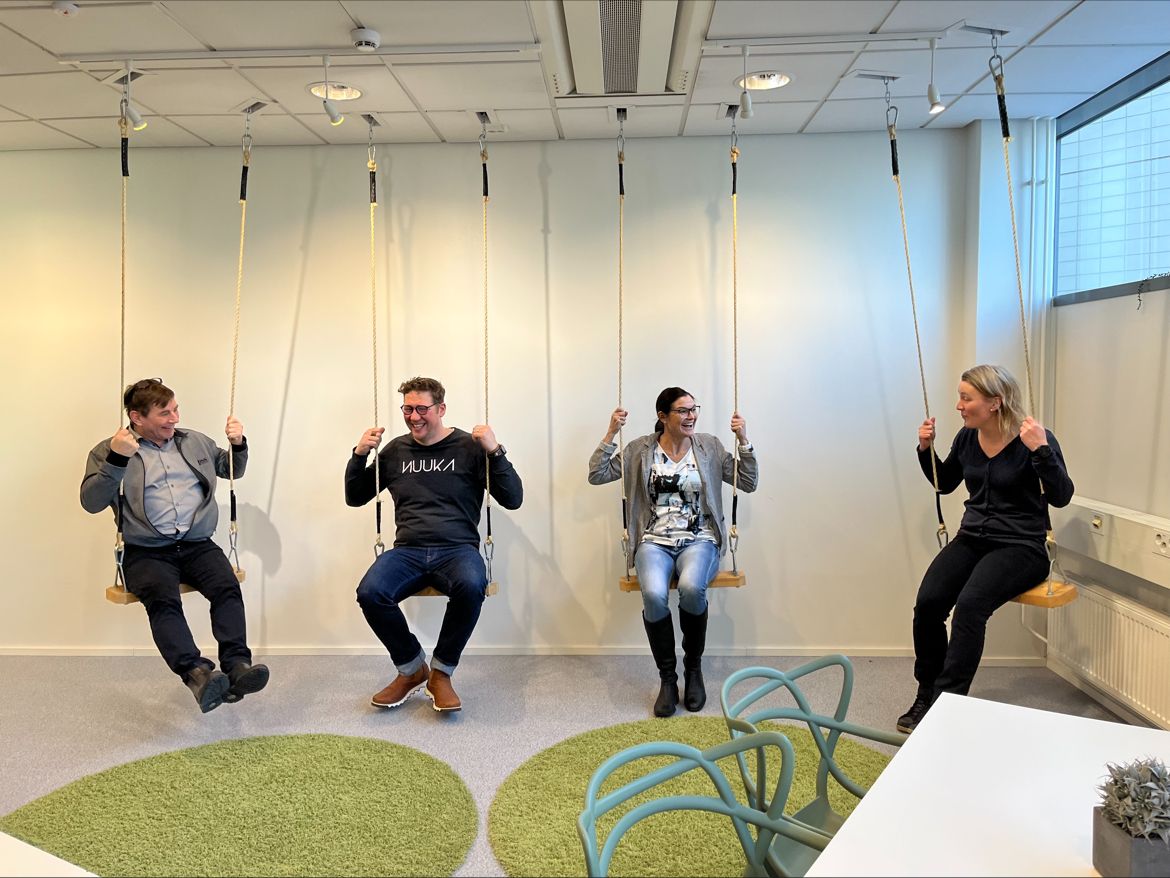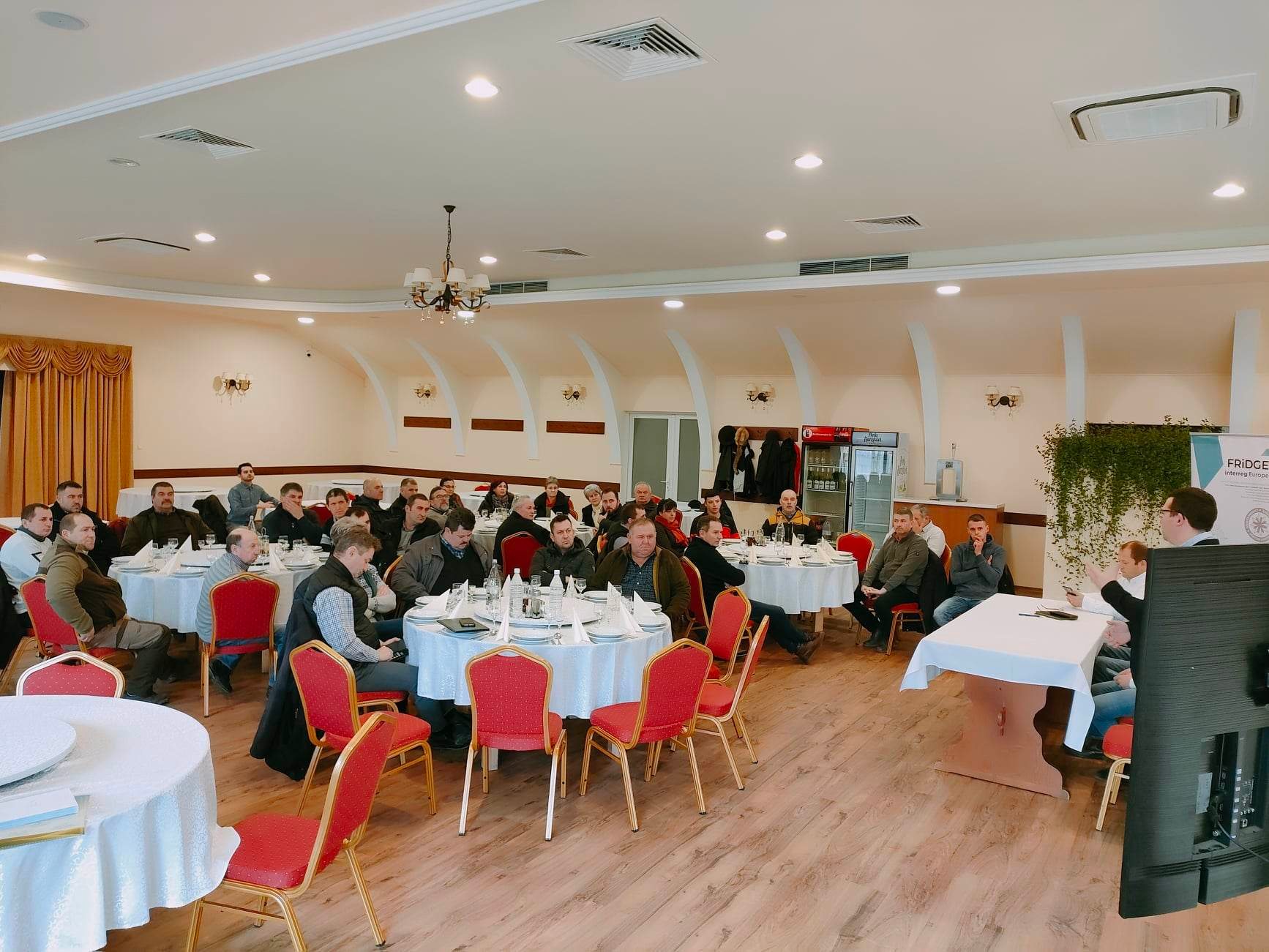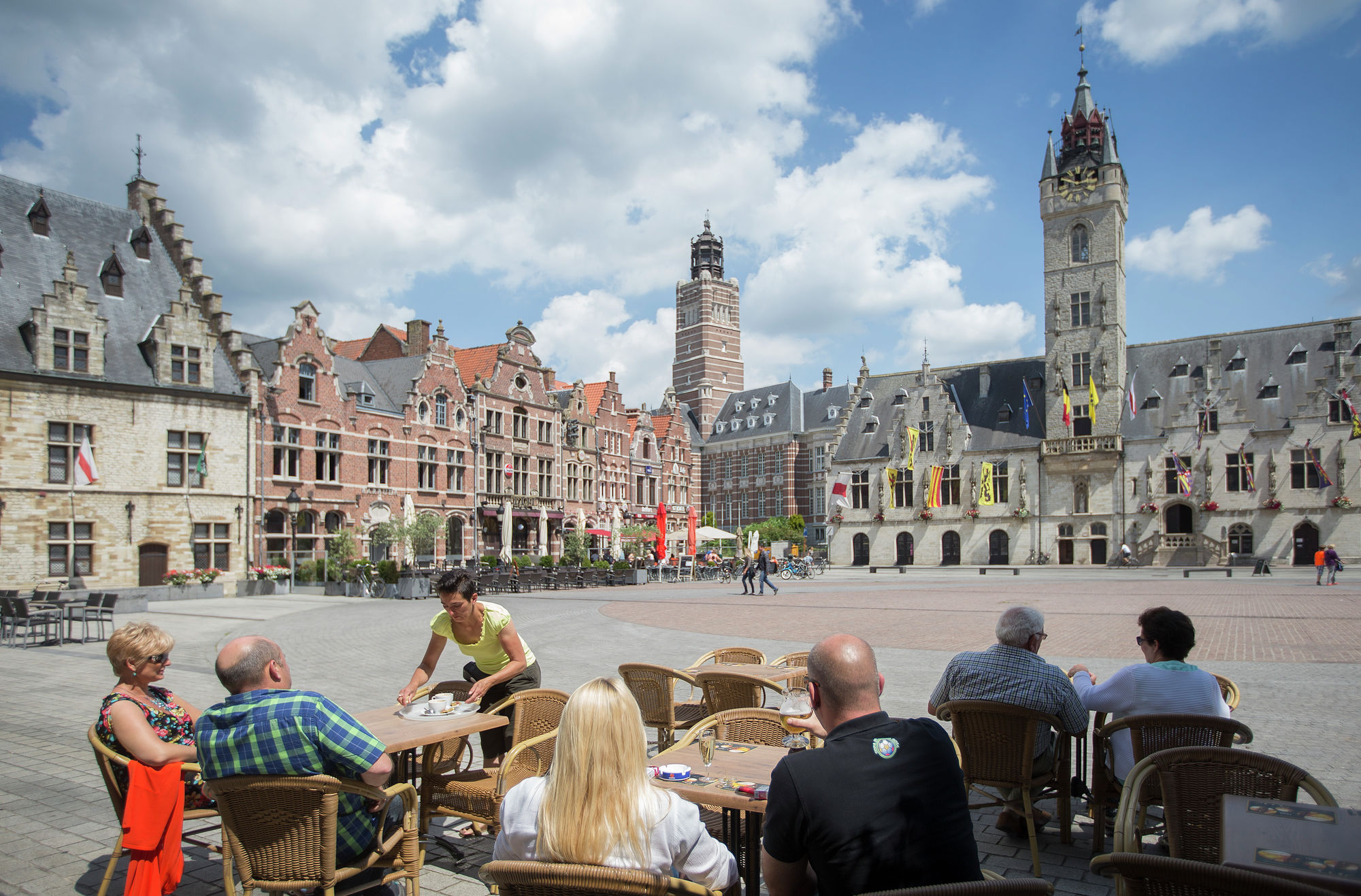Specialty Group Questionnaire: Have you invested in new machinery?
One of the main goals of the FRIDGE project is to help the SMEs from the food industry increase their competitiveness to boost their growth. How better to increase competitiveness if not by investing in newer, more efficient and more productive machinery that could lower the cost of operating the business, or in the training and increasing competencies of your staff?
This autumn our partners prepared a questionnaire and collected answers from companies in each of the six regions involved in the FRIDGE project to give us a unique look at the perception of and approach to investment priorities, investment tools and opportunities that companies face. To learn more about how to increase productivity through thoughtful investments, training and HR policies. As well as, given that almost two years have passed since the outbreak, learning more regarding COVID-19 and what effect the epidemic had on food industry SMEs.
You can read the full 18 pages report here . It includes more specific information often mentioning region it applies to. Reading the full report will give you a deeper understanding of the topic. Below we present you only a short summary of the results.
Investments in new machinery:
- In the last 5 years, almost all interviewed companies invested in new machinery. The main motivation was a want to increase productivity and profitability. Also, to answer the challenges presented by the pandemic and to become more eco-friendly. The only exception were companies that started recently and have relatively new machines or these that lack resources.
- The source of investments varied greatly - companies used their own funds, bank loans, tax support or even ERDF support.
Refurbishment of existing & construction of new buildings:
- Reasons for investment in company facilities were the same as the ones mentioned above – to increase productivity and profitability or to answer environmental & pandemic related challenges.
- Investments in new buildings were made mainly to increase production levels and answer growing market needs.
- Companies that renovated and upgraded their premises mentioned that these changes were made to meet new and future environmental regulations and lower energy/water consumption as well as CO2 emissions.
Human resource-policies, HR effects on productivity, strategies:
- Interviewed companies claimed that investments concluded in improved work satisfaction through better working conditions. Several answers highlighted that these investments allowed them to survive through the pandemic and preserve the number of employees
- In most SMEs, there is no special training offered other than work-related. Only the biggest company participating in this study offered additional development workshops and supported employees well-being through other activities.
- However, e.g., in South-Ostrobothnia, the staff is encouraged to participate in various training offered by Chambers of Commerce and other business development organisations.
Impact of coronavirus epidemic on SMEs human resources, production, investments and market:
- All companies had to face the disruption that the virus has introduced. The most common impacts were the reorganisation of work/working routine, downsizing, reduced working hours
- Regarding production, the most common impact were unsold inventories, change in retail demand, decrease in demand because of the closure of the HoReCa sector and the markets
- Rescheduling of the investments was present in every partner region, though there are some companies which proceeded with investments according to plans.
Sustainability activities among the Food SMEs
At the end of each of the interviews, we also asked how ‘green’ is questioned SMEs. The issue of sustainability and bioeconomy is crucial not only because of the regulations introduced by EU or local governments, but also, when well thought, it offers companies the opportunity to create new products and marketing opportunities from their residual materials. The most common practices mentioned by interviewed companies were:
- protect resources,
- use/utilize of the by-products
- resell all usable raw materials
- creating another life for by-products.
Hopefully this quick summary of the report will give you a general understanding of motives that steers SMEs around Europe in their developments and investments in these challenging times of global disruption and for many, fight for survival.
The full report can be found here.
We encourage you to check it out and get more information about region-specific cases!


